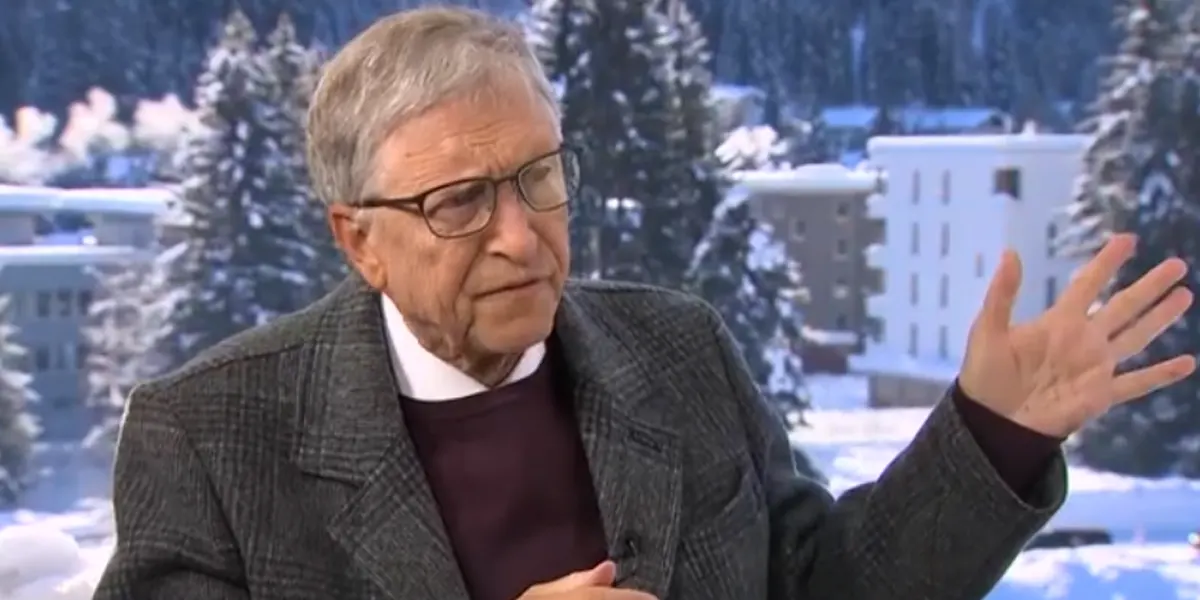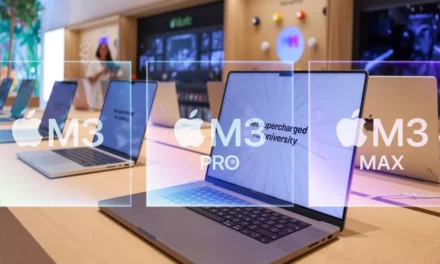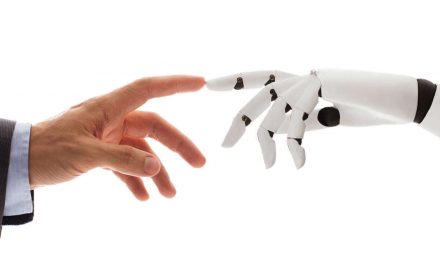In a recent interview, tech mogul and philanthropist Bill Gates pointed out how artificial intelligence (AI) could help save lives in numerous ways. Gates’ statements fly in the face of current controversies involving emergent technology, particularly those involving its use in fraud and other criminal activities.
As Gates has stepped away from full-time tech development to get into philanthropy, he nevertheless sees the use of such innovations to address some of the worst inequities currently being experienced by humanity.
He admits that, as with any nascent and potentially disruptive technology, AI has made people uneasy and has prompted doomsayers to decry how it will lead to people losing their jobs, screwing over the legal system, and even invading the privacy of individuals. Gates believes, nevertheless, that the sector can do a world of good if properly applied in relevant fields.
AI In Philanthropy
Health, pediatric health, in particular, is his number one concern. Gates pointed out that at least five million children below school age die every day from easily preventable illnesses like cholera and malaria; while that is a decrease of 50% from where the figure was 20 years ago, it is still a horrible waste of life. He has proposed the use of AI models in healthcare to develop viable and implementable solutions to address this crisis.
The pressing concerns regarding climate change could also be made possible with the use of AI tools. While Gates admits that he and other tech experts have yet to come up with a concrete AI-drive solution, he believes that such technologies can make efforts more equitable and reduce the burden or impact on the world’s poorest who are the hardest hit by climate change but have contributed the least to it.
Education is the third in Gates’ big three focal points. He makes a strong case for the use of AI to improve basic math skills among students in marginalized or minority groups. This will put them at par academically with their more affluent peers and set them up for success regardless of which career path they may choose later in life.















